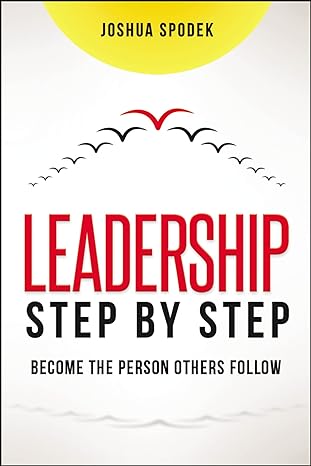I recommend reflecting on your experience with this chapters exercise before continuing. You can reflect about anything
Question:
I recommend reflecting on your experience with this chapter’s exercise before continuing. You can reflect about anything you found relevant, but here are some questions you may want to consider:
Did you notice any trends or patterns?
Did you notice unexpected beliefs?
Did you notice the difference between beliefs and strategies?
How do beliefs work?
How do beliefs affect your life?
Where and how might you apply your experience in the rest of your life?
Data from Exercises
The exercise is to pay attention to your beliefs and write them down. I recommend doing it for about a week or until you’ve written a few dozen beliefs, drawing from several areas of your life.
This exercise looks at what Write Your Inner Monologue did, but a level up—at the idea level instead of at the word level. It also prepares us for the next few exercises.
We generally don’t notice how our minds work with beliefs. For example, we often model other people with a few adjectives despite them being as complex as we are: “John is a good guy. He gets the job done and has a great sense of humor.” You wouldn’t want to be so simplified, but even such gross simplifications work most of the time.
Because beliefs filter out information, they never perfectly represent what they model. In that sense, every belief is wrong. But they still help.
Because different people filter out different information, we all develop different beliefs, meaning that we perceive and react to the world differently, leading the world to react differently to us. Your own beliefs change over time.
When we plan and decide, we do so based on beliefs, not the objects of the beliefs. If you believe that there is a lion right behind you, you’ll feel fear, even if no lion is there. You won’t feel fear if you don’t believe one is there, even if one is. You act based on your beliefs about John, not based on John. Since everyone has different beliefs, everyone chooses and acts differently despite living in the same physical world.
Those who recognize how beliefs work and know how to use them have an advantage leading themselves and others compared to people who think or insist that everyone sees the world in one way.
Examples
Consider the following beliefs about school:
School is a place for learning.
School is my last chance to have fun before working for the rest of my life.
School is something my parents make me do.
School is a place to get a job.
People with different beliefs will act differently even at the same school in the same class. You might believe one of those beliefs at one time and another at another time.
You and a friend might go to a party together. If you believe “this party is for talking and meeting people,” your friend believes “this party is for dancing,” and the music is loud, you might feel miserable and your friend might enjoy it. People with fixed beliefs might see that they can’t change the party and get stuck in their misery. If you change your belief, you might like the party more.
Later chapters will cover ways to change beliefs and become cathedral builders. For now we’ll work on awareness and flexibility with them.
Step by Step Answer:

Leadership Step By Step Become The Person Others Follow
ISBN: 978-1400239146
1st Edition
Authors: Joshua Spodek





